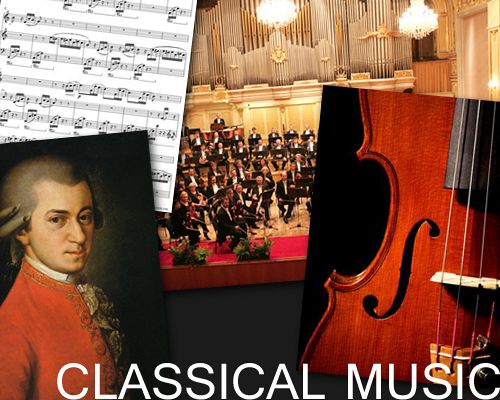Preparing for exams or working on a presentation seems to be a lot faster while listening to music. But when it comes to concentration, is all music is equally effective? We all know of the “Mozart effect” – which shows that listening to Mozart’s music provokes a quick-fix enhancement on the routine of specific types of mental tasks known as “spatial-temporal reasoning” ,the capability to reflect long-term, conceptual solutions to logical problems that occur.
Did you know what it is with classical music? Read further to know more: There has been a continuing dispute pertaining to the special effects of classical music on the body and the mind. Many individuals support that listening to classical music acts as a stimulant to the mind. At the very least, classical music does emerge to have constructive effects on emotional stimulation and possible advantageous effects on memory. In terms of stimulating the body, the most notable effect that classical music is often linked to dancing and uplifting the physical spirits of the person listening to the music. According to Laurence O’Donnell of Cerebromente.org, classical music has the tendency to calm the body and stimulate the mind because its rhythm matches typical body functions, like the heartbeat and breathing. Classical music’s calming effects can also help reduce anxiety. Moreover, considering why this happens, it is interesting to understand that we may not even be aware that it is the rhythmic patterns underlying most classical pieces which helps our brain waves to syncopate, and thus we concentrate better. On the other hand, research has also indicated that instrumental music under the classical genre is the best kind of music; safest kind for concentrating considering that even a sudden upsurge in tempo or dynamics will be less distracting than lyrics.

Research has even indicated that classical music is ideal for uplifting our emotional morale and soothing our soul and mind. Yes indeed it may be a bit distracting initially especially while attempting to concentrate studying for an exam or any other complicated mental task. Nevertheless, it does come into sight that in certain conditions, like memory retention, listening to classical can function as a memory assistant, thus keying the mind into storing certain content; thus functioning as a pneumonic device. Want to try if classical music works for you? Want to see a change in the way your memory works? Motivated to plunge into knowing to more about classical music now? Its classical revival this month at Eight Octaves! J



